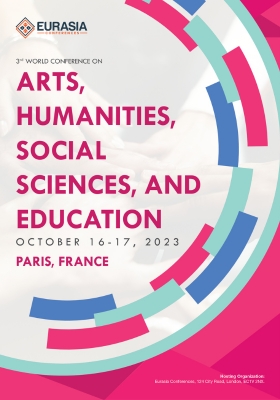
JeeEun Karin Nam and Dongil Kim
Introduction: Despite the growing need to address the mental health needs of an increasing number of international students, our understanding of multicultural counseling competence for working with international students remains limited.
Method: This study used the concept mapping methodology to identify useful counselor behaviors in delivering counseling services to international students in university counseling centers in Korea.
Results: From the perspectives of 20 current counselors, 78 competence behavioral indicators were derived, which were organized into six competence clusters on two dimensions. The two dimensions were the source of counselor capacity (Dimension 1) and the direction of counselor efforts (Dimension 2). The six categories of counselor competence for international student counseling were: (1) Sustaining awareness, attitude, abilities for international student counseling, (2) Acquiring knowledge to understand international students, (3) Utilizing culturally responsive counseling strategies, (4) Employing procedural strategies to create an open and supportive environment, (5) Engaging in extended roles, and (6) Practicing self-care and professional development. Each competence indicator was rated based on the importance and degree of implementation.
Conclusion: The findings will help enhance counseling outcomes for international students by helping counselors improve their competence with this unique population.